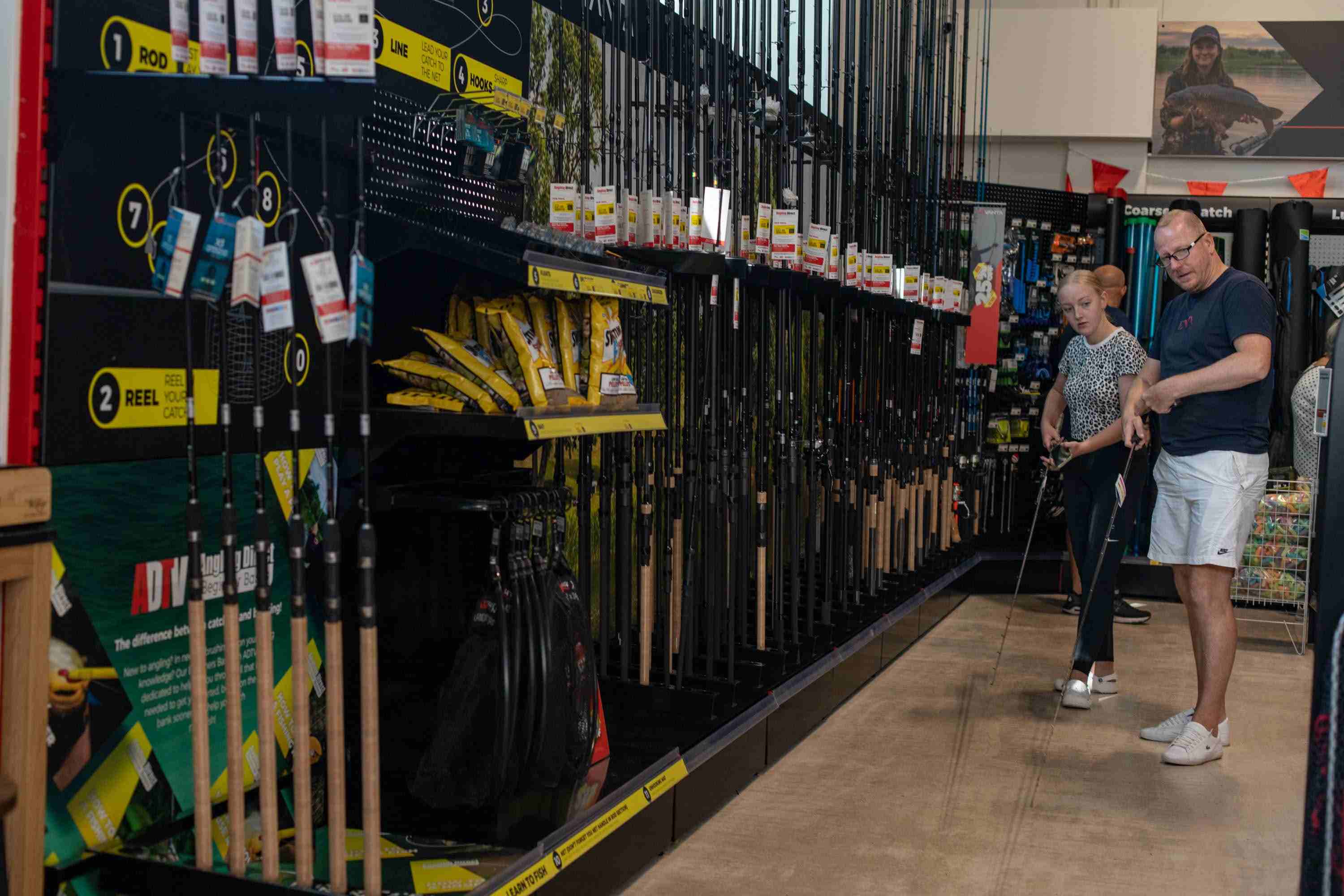Fishing For Kids: How Angling Improves Youth Mental Health
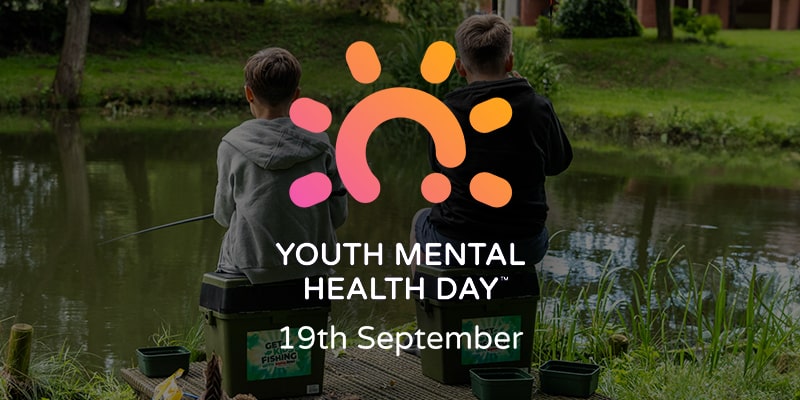
In a world where youth mental health is increasingly under scrutiny, exploring alternative approaches to alleviate stress and anxiety becomes crucial.
This article delves into the therapeutic benefits of fishing for children, shedding light on how the serene environment of a fishing trip, the rhythmic casting of lines, and the anticipation of a catch can provide a natural and calming way for kids to manage their mental well-being.
What is Youth Mental Health?
Youth mental health pertains to the emotional and psychological well-being of individuals aged approximately up to 24. It encompasses their ability to manage emotions, handle stress, engage in healthy social interactions, and navigate challenges.
Positive youth mental health involves good self-esteem and coping skills, while issues like anxiety, depression, and mood disorders can signify poor mental well-being. Nurturing youth mental health involves creating supportive spaces, facilitating communication, offering resources, and teaching strategies to manage the distinctive pressures that come with adolescence and early adulthood.
Reasons To Take Kids Fishing
The Therapeutic Nature of Fishing
Fishing isn't just a pastime; it's a therapeutic activity that engages children's senses and emotions. Engaging in outdoor activities has been shown to have positive effects on mental health, and fishing offers a multifaceted approach.
The Serene Environment of Fishing
Fishing takes children away from the constant buzz of screens and city life, immersing them in the tranquillity of nature. The soothing sounds of water and the gentle rustling of leaves create a peaceful sanctuary that promotes relaxation and reduces stress.
The natural ebb and flow of fishing align with the rhythms of nature. This connection offers a sense of continuity and harmony, reminding children of the broader world beyond their immediate concerns.
Disconnecting from Digital Stress
Digital devices often contribute to stress in children. Fishing encourages them to disconnect from screens and reconnect with the environment around them. This break from constant notifications and updates allows for mental rejuvenation and a break from digital stressors.
Mindful Focus on Fishing Technique
Casting lines requires concentration and precision, engaging children's minds in the present moment.
This focused attention on technique serves as a form of mindfulness, helping children temporarily set aside worries and immerse themselves in the task at hand.
Finding Comfort in Routine
Fishing's repetitive nature offers comfort through routine. For children facing unpredictable challenges, the familiar rhythm of casting and reeling can provide a sense of stability and control, reducing feelings of anxiety.
Enhancing Fine Motor Skills
The physical act of casting and reeling involves fine motor skills, which can be a particularly beneficial fishing lesson for kids with heightened anxiety. Engaging in these motions can release tension and redirect anxious energy in a constructive way.
Teaching Patience and Delayed Gratification
Fishing inherently teaches patience as children wait for a catch. The anticipation of success encourages delayed gratification—a skill that proves valuable in managing stress and building emotional resilience.
Boosting Confidence and Excitement
Anticipating a potential catch sparks excitement and a rush of positive emotions. Successfully reeling in a fish can boost a child's confidence, fostering a sense of accomplishment and encouraging a positive outlook.
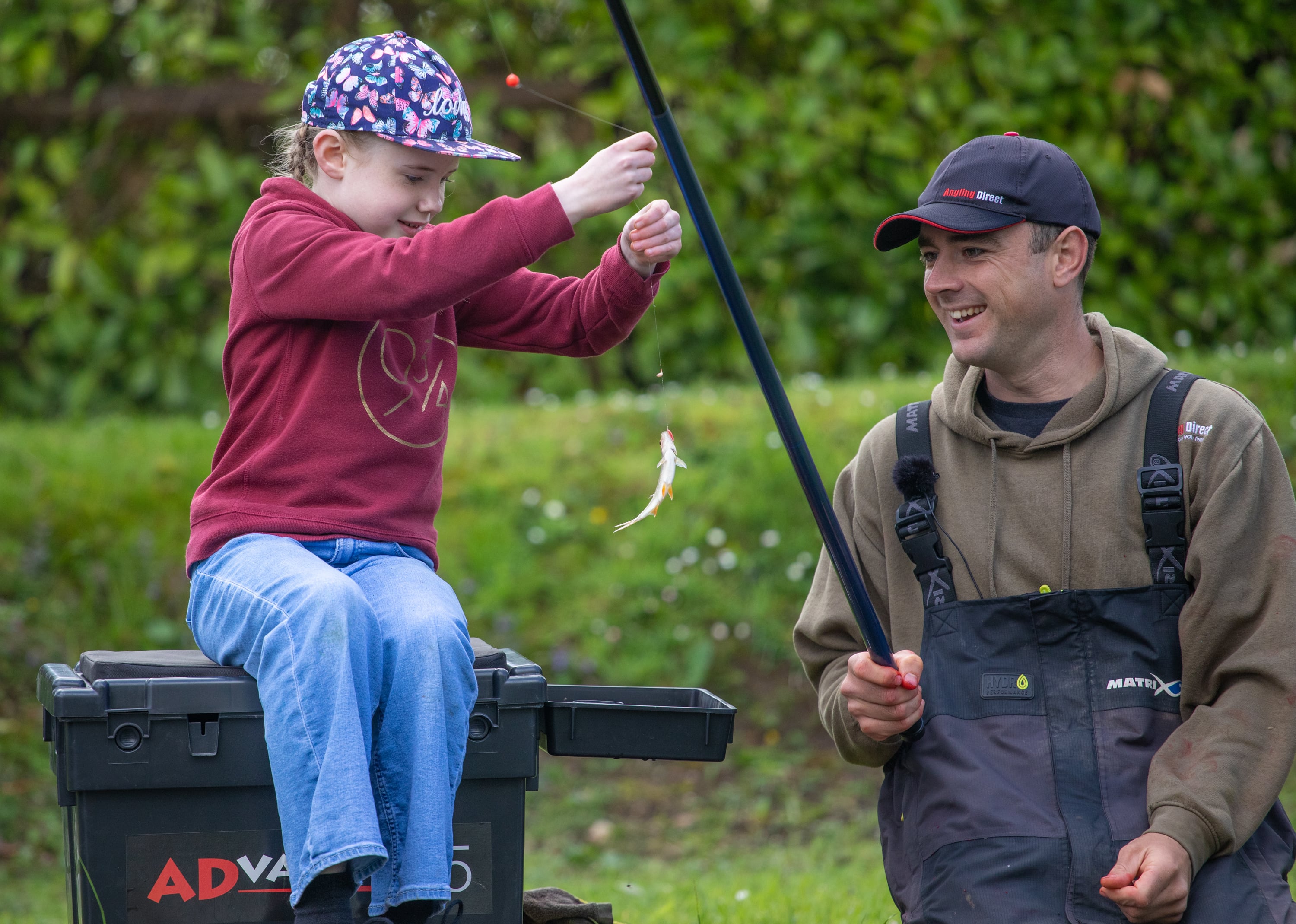

Social Interaction and Bonding
Fishing often involves group outings, providing an opportunity for children to bond with family members, friends, or mentors. These shared experiences create strong emotional connections, combating feelings of isolation.
Promoting Communication
Fishing trips encourage conversation in a relaxed setting. Children can open up about their feelings and concerns while engaging in an activity, making discussions about mental health feel more approachable.
Fishing Fun for Kids: Expert Tips
Simplify Your Setup: Opt for uncomplicated tackle, bait, and techniques. Choose fish species that are easy to catch, even if they're small. Making the initial catches manageable boosts confidence and interest.
Short and Sweet Sessions: Kids have short attention spans. Stick to brief fishing trips, especially at day ticket venues, until they're more engrossed in the activity.
Shade and Safety: Ensure your kids have shelter from the elements—consider a brolly or bivvy. Equip them with protective fishing gear: hats, sunglasses, and sunscreen are must-haves.
Angling Appetites: Maintain their enthusiasm with regular snack breaks. Pack anything from homemade sandwiches to freshly cooked bacon baps for a satisfying fishing experience.
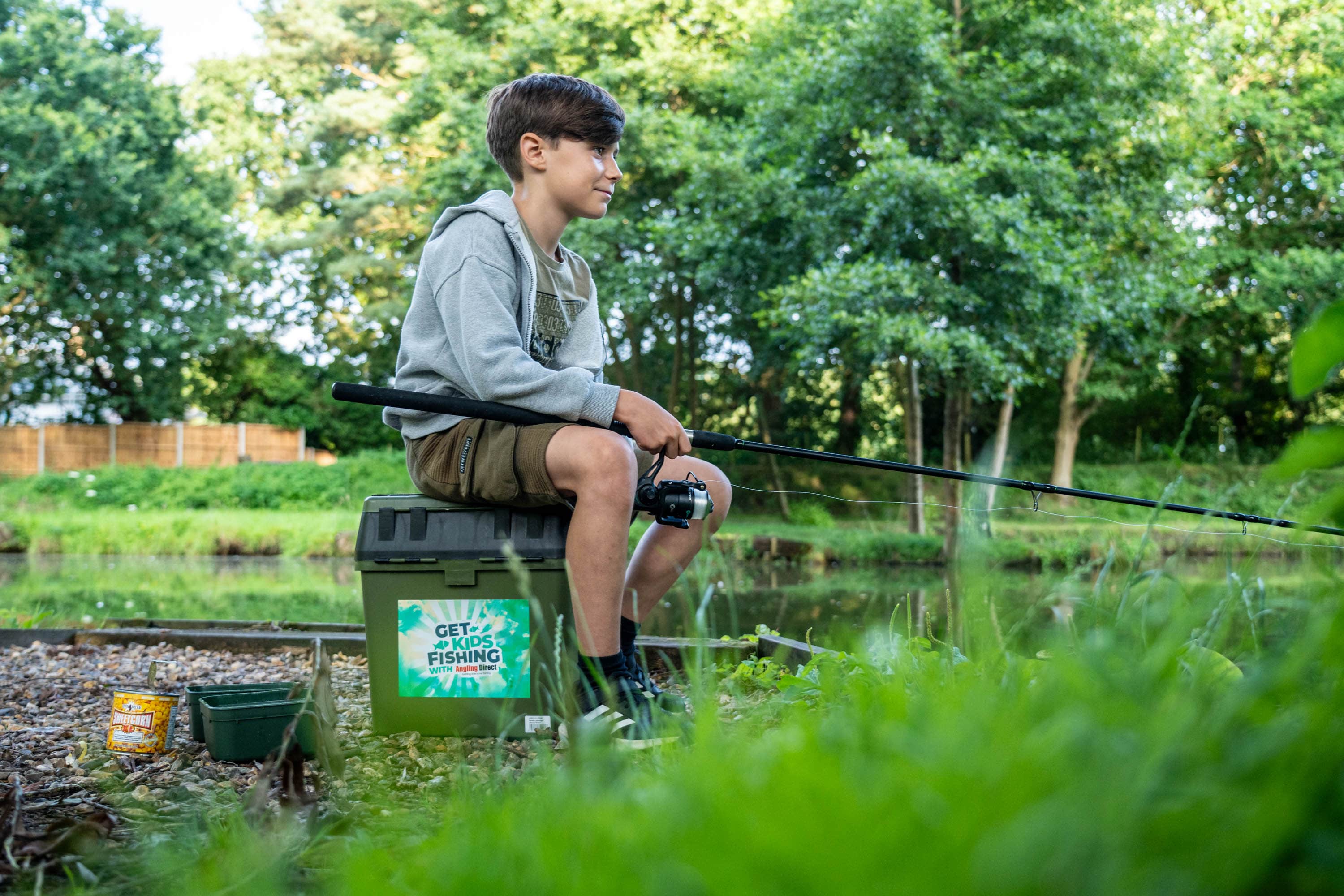

Mastering Patience: As an adult, anticipate being hands-on. Untangling lines, baiting hooks, and sharing in their excitement over each catch are part of the deal. While waiting for action, teach them fishing knots, let them explore bait scents, and share intriguing facts about the surrounding nature.
Pack your fishing tackle together: This imparts organisation skills and introduces them to the enjoyable anticipation of preparing for a fishing trip. Demonstrating how to organize terminal tackle, prepare rigs, and load reels with lines.
Experience fishing with your kids by following these expert suggestions, ensuring a memorable and enjoyable time by the water.
Kids Fishing Near Me
From serene lakes nestled in picturesque countryside to gentle rivers meandering through charming villages, the UK offers an array of idyllic spots for introducing kids to the joys of fishing.
Explore tranquil day ticket venues that cater to beginners, where children can cast their lines and create lasting memories in a safe and welcoming environment. Whether you're in the heart of the countryside or near the coast, England's diverse landscapes provide ample opportunities to embark on fishing adventures with your young anglers.
Ensuring Safety While Fishing with Kids
Safety is paramount when fishing with younger children, especially in unfamiliar waters where water depths may be uncertain. As tempting as a wader-clad snapshot may be, prioritise your child's safety above all else.
- If you're fishing from a boat, equip your child with appropriate gear, including a well-fitting life jacket, to prevent any mishaps.
- When fishing from the bank, mitigate slipperiness by ensuring your child wears shoes with gripped soles and maintains a safe distance from steep or sloping sections of the bank.
- For shoreline fishing, remember that tides can be unpredictable. Stay vigilant about tide times and water behaviour to prevent waves from disrupting your fishing outing.
Apart from environmental safety, exercise caution while handling fish.
- Be mindful that some fish have sharp teeth or rough skin, so having forceps and gloves on hand is a wise measure.
- While your child might handle fishing hooks and tools, supervise them closely and only allow them when they're ready.
Prioritising safety ensures that your fishing adventures remain enjoyable and worry-free for you and your child.
Fishing emerges as a powerful tool in improving youth mental health, addressing stress, anxiety, and emotional challenges through its multi-faceted therapeutic approach. The serene surroundings, rhythmic motions, and anticipation of success offer children a holistic way to manage their mental well-being.
By incorporating fishing into children's lives, we can help them navigate the complexities of growing up with greater resilience and positivity.
Additional Resources for Taking Kids Fishing
For those interested in exploring fishing as a means to support youth mental health, check out our recommended fishing spots in a tackle shop near you.
Whilst you are in the store, you could pick your junior up a FREE whip kit* for them to start their fishing journey. This kids fishing set gets them started with their own whip, elastic and bait.
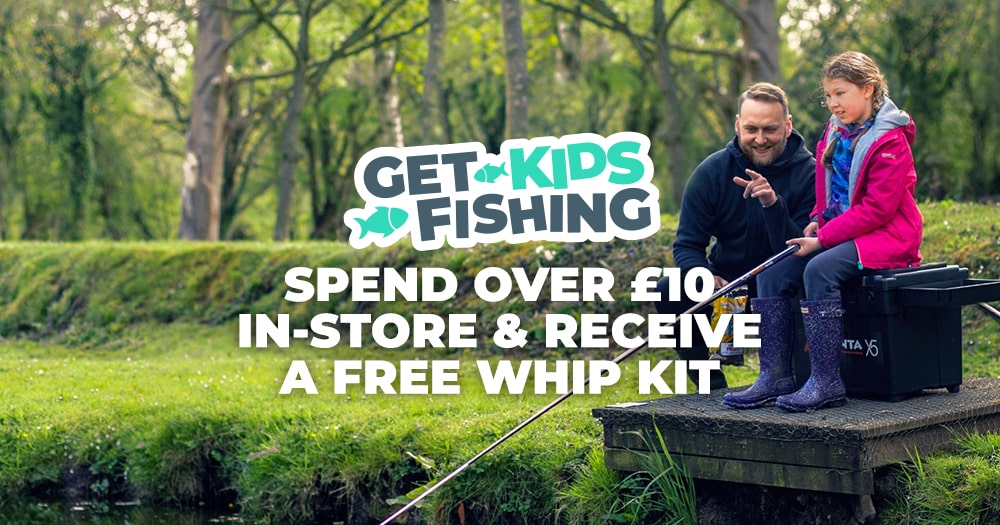

Read our expert tips on planning fishing trips that cater to both relaxation and well-being.
Youth Mental Health Help
If you believe your child is suffering from mental health issues, there are many resources and charities you could reach out to for help.
FAQ on Kids Fishing Trips
How can I make fishing enjoyable for kids?
To make fishing enjoyable for kids, keep it simple. Choose a kid-friendly location with easy access and a good chance of catching fish. Use basic tackle and bait, and consider short fishing sessions to match their attention spans. Don't forget snacks, shade, and protective clothing to keep them comfortable and engaged.
At what age can I start taking my child fishing?
You can start taking your child fishing as early as 3 to 4 years old. At this age, they can enjoy the experience of being by the water and might be able to handle a simple kids fishing rod. However, keep the trips short and focused on the overall experience rather than solely on catching fish.
What fishing gear do I need for kids?
For juniors, start with lightweight kids fishing rod and reels. Use small hooks, bobbers, and easy-to-handle baits. Get them a kids fishing net to help gather small fish and their own kids fishing chair to sit and wait for the action! A tackle box with compartments helps them organise their gear. Remember to provide sun protection, hats, and comfortable clothing.
How do I keep kids engaged while fishing?
To keep kids engaged while fishing, involve them in the process. Let them help set up the fishing gear, bait hooks, and cast lines. Encourage them to explore the environment, look for wildlife, and have fun. Bring along games, snacks, and activities to prevent boredom during downtime.
What safety precautions should I take when taking kids fishing?
When taking kids fishing, safety is paramount. Ensure they wear life jackets, especially if you're near water. Apply sunscreen, provide plenty of water, and watch out for weather changes. Teach them to handle fishing equipment safely and educate them about the importance of respecting nature and water safety rules.
